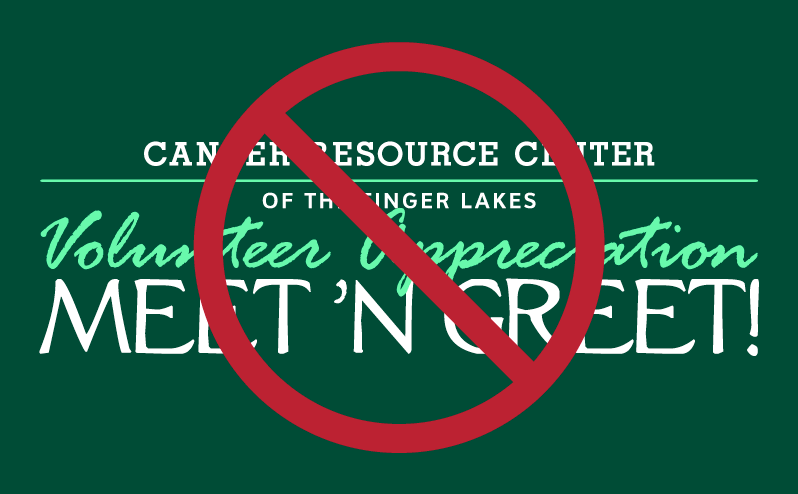I recently received a phone call that went like this: “My boss is struggling with cancer, but he clearly doesn’t want to talk about it or even acknowledge how ill he is. I’m concerned about him, but I’m also concerned about everyone else who works here. We’re acting like everything will be fine, but no one believes it. We don’t talk about his cancer because we’re afraid it will upset him.”
It’s easy to imagine this scenario occurring in a small business, but it can also happen in a variety of other settings. For example, if the director of a research group in a university becomes seriously ill, all the people in that group are affected. Cancer can be a really big elephant in the room that people tiptoe around.
I often write that everyone has the right to go through cancer on his or her own terms. If they want to talk about it, fine. If they don’t want to talk about it, that’s fine, too.
But it’s different if you’re leading others. I think there’s an obligation to address the situation. How much you reveal is an individual choice, but you shouldn’t act like the illness doesn’t exist.
For early cancers, it might be appropriate to say something as simple as, “I’ve been diagnosed with cancer and the treatment will keep me away from the office for six weeks or so. My doctor says that my prognosis is excellent, and I will inform you if anything changes. In my absence, Susan will be in charge.”
It’s more complicated if the cancer is more advanced because there’s more uncertainty. I would again encourage honesty. One could say, “The cancer I had several years ago has recurred and I will begin chemotherapy next week. The doctor says my cancer can be controlled with ongoing treatment. I plan to continue moving forward with my life and my work the best that I can. Please feel free to talk with me about any of this. If I’m not in the office, Susan will be in charge.”
But that’s what the boss should do. Not every boss will address the issue. What then? First, I would encourage employees to speak up and say, “We’d like to sit down at a time that’s convenient for you to discuss how we can help you during your illness and also keep things running as smoothly as possible if you’re absent.”
Universities often have Ombudsman Offices that provide confidential advice to employees who are navigating delicate situations. Many more organizations have human resource departments that may be willing to facilitate conversations.
These are challenging situations for everyone, and there’s a need to balance the privacy of the person with cancer against the need of the other employees to understand how their boss’s illness may affect their own work. It’s so much better for everyone when the communication goes in both directions.
Reprinted with permission of the Ithaca Journal
Click here to see all of Bob’s columns





